Market Share
Metal Fiber Market Share Analysis
In the Metal Fiber Market, strategic positioning is crucial for companies to establish their presence, differentiate their offerings, and capture a significant share of the market. These strategies involve deliberate actions aimed at addressing specific customer needs, offering innovative products, and building strong partnerships.
Product Differentiation: Companies can differentiate themselves in the Metal Fiber Market by offering a diverse range of metal fiber products tailored to meet different industry requirements. These may include stainless steel fibers, aluminum fibers, and copper fibers with varying characteristics such as diameter, length, and surface finish. By providing innovative and specialized products designed for specific applications such as filtration, reinforcement, and conductivity enhancement, companies can attract customers seeking high-performance metal fibers and gain a competitive advantage in the market.
Focus on Performance and Durability: Emphasizing performance and durability is essential for companies operating in the Metal Fiber Market. Customers across industries such as automotive, aerospace, and construction require metal fibers with superior strength, corrosion resistance, and thermal stability. By ensuring that their metal fiber products meet stringent quality standards and performance specifications, companies can build trust and credibility among customers, leading to increased market share.
Customization and Tailored Solutions: Offering customization and tailored solutions can be a strategic positioning strategy in the Metal Fiber Market. Different applications may require metal fibers with specific characteristics such as composition, size, and shape. By collaborating closely with customers to understand their unique requirements, companies can develop customized metal fiber solutions that address specific performance needs and deliver optimal results. Customization and tailoring can help companies meet the diverse demands of customers and gain a competitive edge in the market.
Innovation and Technology: Investing in innovation and technology is essential for companies seeking to differentiate themselves and drive growth in the Metal Fiber Market. By developing and integrating advanced manufacturing techniques such as powder metallurgy, electrospinning, and laser processing, companies can enhance the performance, functionality, and versatility of their metal fiber products. Innovative solutions that offer unique benefits, such as improved conductivity, lightweight construction, and enhanced durability, can set companies apart from competitors and attract customers seeking cutting-edge metal fiber solutions.
Strategic Partnerships and Alliances: Forming strategic partnerships and alliances with key players in the materials industry can help companies expand their market reach and enhance their competitive position in the Metal Fiber Market. By collaborating with metal manufacturers, composite materials suppliers, and end-users, companies can access new markets, leverage complementary resources and expertise, and develop innovative solutions. Strategic partnerships can also facilitate joint research and development efforts, enabling companies to address evolving customer needs and gain a competitive edge in the market.
Geographical Expansion and Market Penetration: Expanding into new geographical markets and penetrating existing markets more deeply can help companies increase their market share in the Metal Fiber Market. By targeting emerging markets with growing demand for metal fiber products and strengthening their presence in established markets, companies can tap into new customer bases, gain market share from competitors, and drive revenue growth. Geographical expansion allows companies to mitigate risks associated with market fluctuations and regulatory changes in specific regions, thereby enhancing overall market competitiveness and profitability.
Brand Building and Marketing Efforts: Building a strong brand and investing in marketing efforts are essential for companies to differentiate themselves and increase visibility in the Metal Fiber Market. By developing a unique brand identity, communicating value propositions effectively, and engaging in targeted marketing campaigns, companies can raise awareness about their metal fiber products and establish themselves as trusted partners in the materials industry. Brand building efforts can also help companies build credibility, trust, and loyalty among customers, driving repeat business and increasing market share over time.


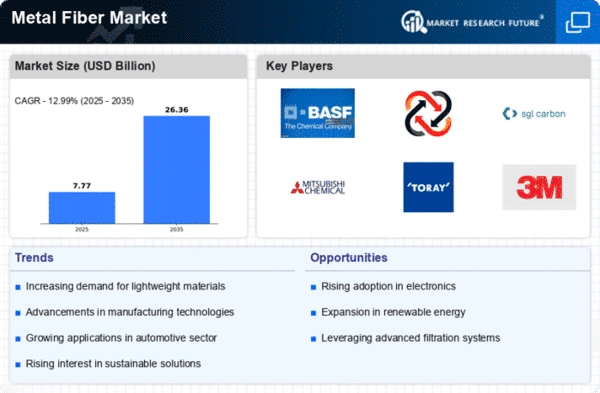
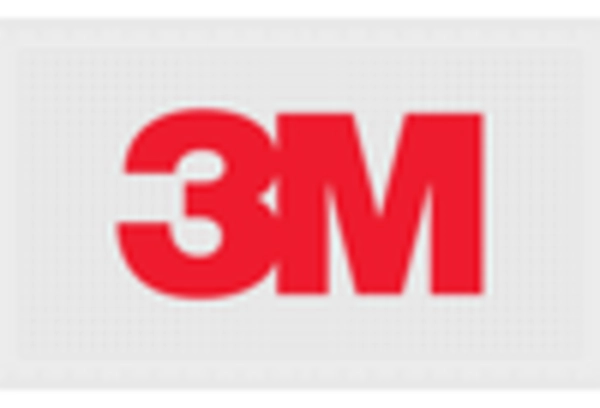

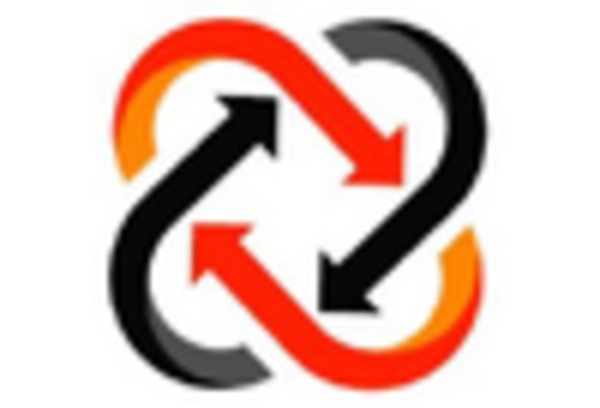

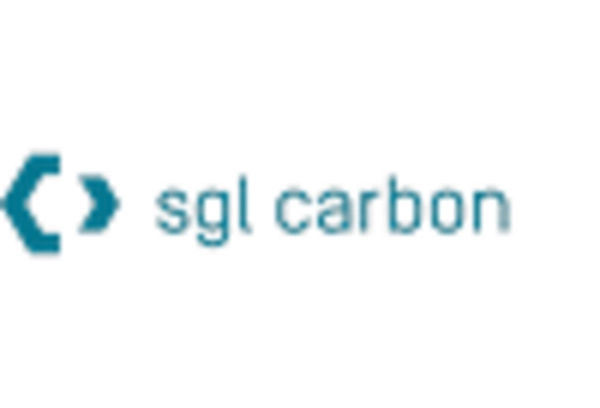
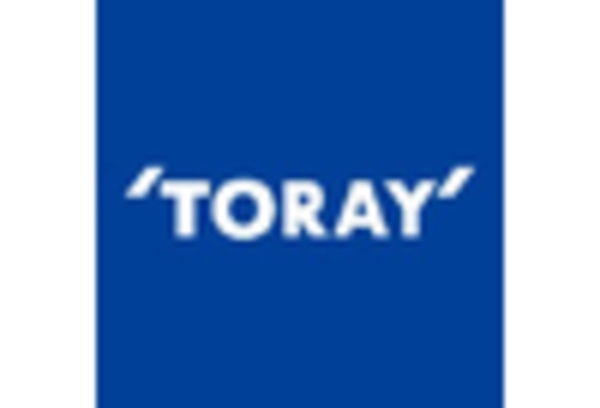










Leave a Comment